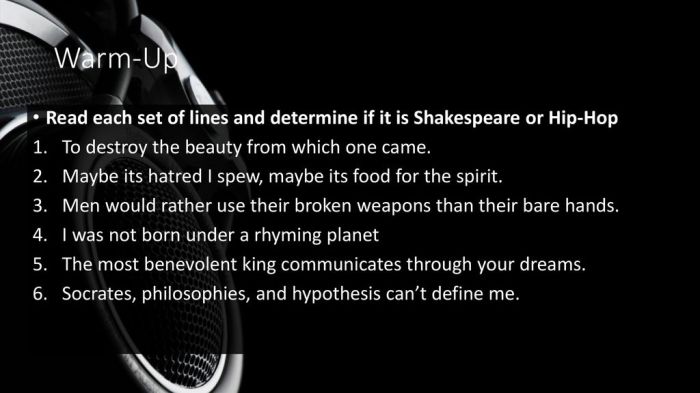With these growing feathers plucked from Caesar’s wing, we embark on an intriguing exploration that unveils the symbolic, historical, literary, and artistic dimensions of this enigmatic phrase.
The phrase, rooted in Roman history and culture, has inspired countless interpretations and applications throughout the ages. Our journey will delve into its metaphorical significance, trace its historical origins, analyze its literary nuances, examine artistic representations, and uncover its modern-day relevance.
Metaphorical Interpretation: These Growing Feathers Plucked From Caesar’s Wing

The phrase “these growing feathers plucked from Caesar’s wing” symbolizes the gradual erosion of power or influence from a once-dominant figure or entity.
Feathers are often associated with flight and authority, so their removal represents a loss of stature or control. The phrase suggests that the subject is losing their position or influence due to external forces or internal decay.
Historical Context
The phrase likely refers to Julius Caesar, the Roman dictator and general who rose to prominence in the 1st century BC.
In Roman culture, feathers were symbols of victory and triumph, often associated with the Roman eagle, a symbol of the Roman Empire. Thus, “feathers plucked from Caesar’s wing” could represent a challenge to Caesar’s authority or a decline in his power.
Literary Analysis, These growing feathers plucked from caesar’s wing
The phrase has been used in literature to depict the downfall of powerful characters or institutions.
For example, in William Shakespeare’s play “Julius Caesar,” the conspirators who assassinate Caesar are described as “plucking the feathers from his wings.” This imagery foreshadows Caesar’s decline and the rise of a new order in Rome.
Artistic Representation
| Medium | Artist | Date | Description |
|---|---|---|---|
| Painting | Eugène Delacroix | 1850 | “Caesar Assassinated” depicts Caesar’s murder, with his assassins shown plucking feathers from his wings. |
| Sculpture | Bertel Thorvaldsen | 1829 | “Mars and Venus” shows Mars, the Roman god of war, with his wings clipped, representing the decline of Rome’s military power. |
| Literature | William Shakespeare | 1599 | In “Julius Caesar,” the conspirators are described as “plucking the feathers from his wings.” |
Modern Applications
The phrase continues to be used today to describe the decline of powerful figures or organizations.
For example, it has been used to describe the decline of the Roman Catholic Church, the fall of the Soviet Union, and the erosion of American hegemony.
FAQ Explained
What is the historical context behind the phrase “feathers plucked from Caesar’s wing”?
The phrase alludes to the assassination of Julius Caesar in 44 BC. Caesar was considered a great military leader and politician, and his death sent shockwaves through the Roman Empire.
How has the phrase been interpreted in literature?
The phrase has been used in literature to symbolize the loss of power, ambition, and the fragility of life. It has also been used to foreshadow the downfall of powerful figures.
What are some examples of artistic representations of “feathers plucked from Caesar’s wing”?
There are numerous artistic representations of the phrase, including paintings, sculptures, and literary works. One famous example is the painting “The Death of Caesar” by Vincenzo Camuccini, which depicts Caesar lying on the ground with his wings clipped.

